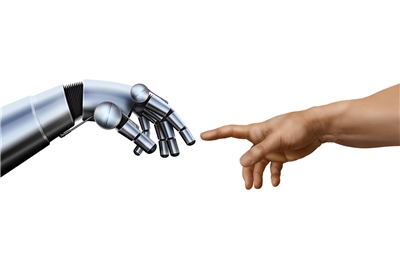Developing a digital strategy is a necessity
 There are projects underway to test high-tech smart homes for people with disabilities. Composer - stock.adobe.com
There are projects underway to test high-tech smart homes for people with disabilities. Composer - stock.adobe.com
The "Digital Transformation and Social Solidarity” declaration of intent released by the German Federal Association of Non-statutory Welfare (Bundesarbeitsgemeinschaft der Freien Wohlfahrtspflege, BAGFW) and the German Federal Minister for Family Affairs in September highlights the need for a digital agenda. In light of the forces of change at work, the associations’ organisational development must be initiated and formed immediately.
Social balance and social work 4.0
The digital transformation must be actively shaped and aligned with social balance. The top associations must therefore concentrate on representing the interests of those put at risk by digital divisions in a politically effective manner. Social work 4.0 needs quality standards. The structures of social work must reflect the reality of hybrid social areas.
Concerted resistance against global digital players
The variety of small digital initiatives will not join together to become a viable welfare concept of their own volition. A concerted resistance is necessary to stand up against the commercial players who are driving the transformation.
Pooling resources
The digital "winner takes all” successes are associated with a willingness to make huge losses and an aggressive attitude to tapping into new markets. This also applies to social service industries. Pooling resources is therefore one of the key demands in Caritas’ digital strategy. The 2017 delegation assembly instructed its four commissions to address digitalisation. Caritas 2020 must be Caritas 4.0!


